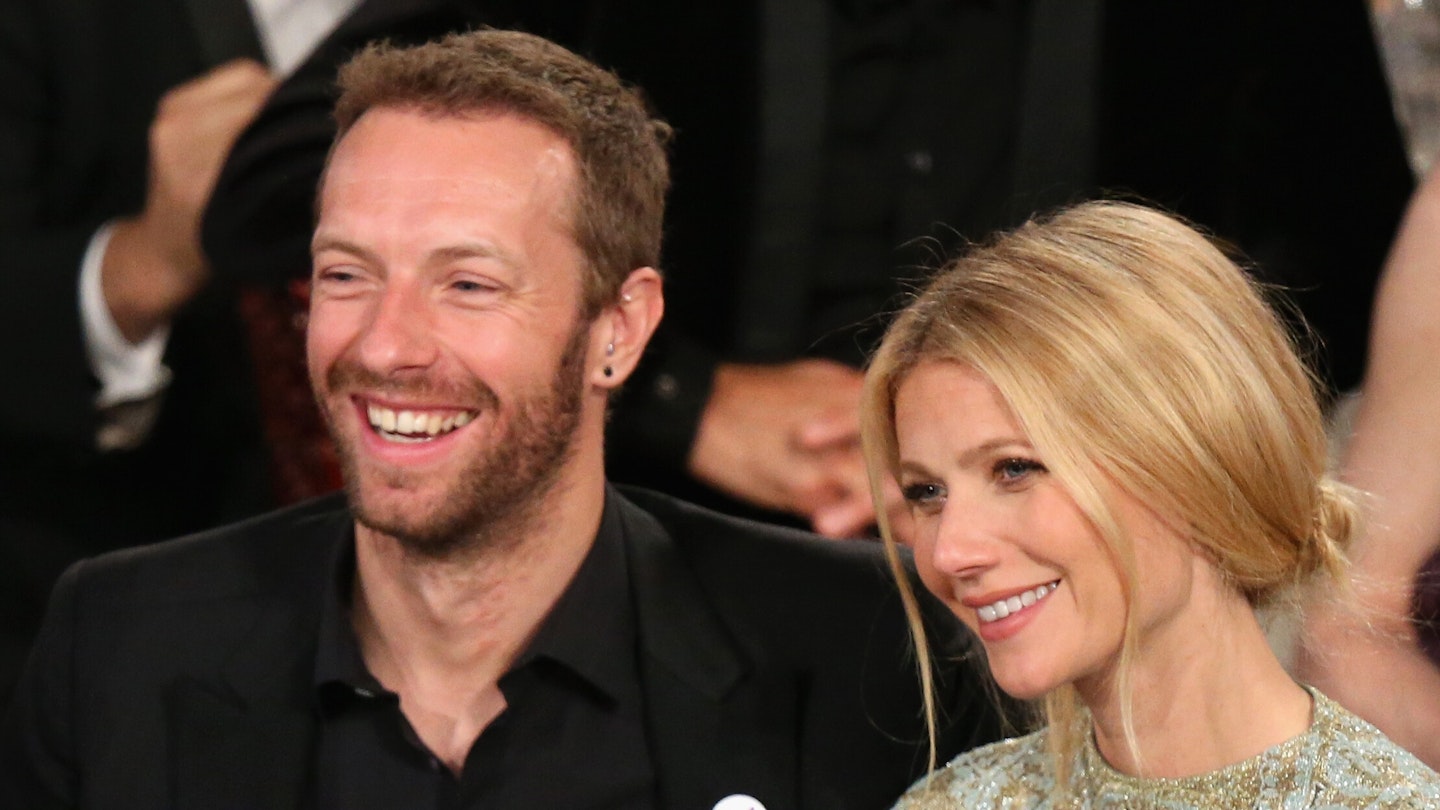Do you remember where you were when you heard that Chris Martin and Gwyneth Paltrow’s marriage was over? The answer is probably yes, because it was that day ten years ago - 25th March 2014 - on which one of the most inflammatory euphemisms of our time entered the chat.
In the now infamous statement, published on Gwyneth’s Goop website, announcing the end of their relationship after a decade of marriage and two children, Martin and Paltrow said, ‘It is with hearts full of sadness that we have decided to separate.’ They continued, ‘We are, however, and always will be a family, and in many ways we are closer than we have ever been. We are parents first and foremost, to two incredibly wonderful children and we ask for their and our space and privacy to be respected at this difficult time. We have always conducted our relationship privately, and we hope that as we consciously uncouple and coparent, we will be able to continue in the same manner.’
And so, ‘conscious uncoupling’ was born unto the mainstream. At the time, the response was a mixture of horror and outrage. The general appetite for nasty, drama-filled celebrity splits was high, fuelled by huge tabloid magazine sales which were riding the wave of the likes of Jennifer Aniston and Brad Pitt’s 2005 divorce (guest starring Angelina Jolie), Justin Timberlake and Britney Spears’s ultra-messy split and - we’re still not quite over this one - the fall of the mighty Katie Price and Peter Andre in 2009. When it came to every cough and spit of an acrimonious break up, rightly or wrongly, our pop culture was like a sponge. So when faced with an A-list couple who claimed not to hate one another’s guts, and instead appeared to be choosing a higher path, the collective consciousness was one of vague confusion. The Times published a piece that same week questioning whether the stars had resorted to psychobabble simply to avoid potentially career damaging expressions like ‘split up’ or ‘separate’, while social media users claimed we were witnessing the most heavily PR’ed break up of all time.
And in a way, we were. By landing on the relatively new term, at the time, of ‘conscious uncoupling’ the split had been given a very modern, affable, ‘Goop’ spin. It wasn’t a concept which Paltrow and Martin had come up with themselves, though, in fact sociologist Diane Vaughan proposed an ‘uncoupling theory’ in 1976. Then, in 2009, Katherine Woodward Thomas introduced her own ‘conscious uncoupling’ process: a five-step program which she offered as a calmer alternative to divorce, and began training and certifying coaches to take people through the conscious uncoupling process. Her 2015 book Conscious Uncoupling: 5 Steps to Living Happily Even After, released a year after Martin and Paltrow split, became a New York Times best-seller.
The ‘namaste-ification’ of divorce has seeped into the mainstream ever since, with subsequent celebrity couples falling over themselves to have the most amicable break ups Hollywood has ever seen - almost to the point of farce. Drew Barrymore and Will Kopelman released a flowery statement to People about their break up in 2016 which included the line, ‘Divorce might make one feel like a failure, but eventually you start to find grace in the idea that life goes on’. Jennifer Garner and Ben Affleck went ‘forward with love and friendship’ in 2017. Jennifer Aniston and Justin Theroux announced in 2018 that they were ‘two best friends who have decided to part ways as a couple, but look forward to continuing our cherished friendship.’ Channing Tatum and Jenna Dewan essentially wrote a poem to herald their split, writing that their ‘beautiful love adventure would be taking them on different paths’ in 2018 (Tatum’s path of love adventure eventually took him somewhat unexpectedly into the arms of singer Jessie J).
And so, as she is in so many other ways, Paltrow was a trailblazer - a divorce-fluencer perhaps. Even she has since admitted that the use of the phrase was a little ‘dorky’, but in an interview a few years later she doubled down on her decision to try and turn divorce into a positive thing. ‘It’s very worthwhile,’ she said. ‘I’m always the person who gets shit at first, but then later people say, “Hey, maybe that’s a good idea.” I don’t mind.’
Divorces in the real world are getting nicer too. Following the introduction of the no-fault divorce in 2022, a survey by the ONS has found that 28.8% of no-fault divorces and 61.1% of no-fault dissolutions were granted under joint application - showing a shift towards a ‘more collaborative approach to separation, emphasising mutual agreement, understanding and empathy’.
She might be the subject of some of the biggest eyerolls when it comes to wellness fads, but if we’ve learned anything from conscious uncoupling, it’s that perhaps we should always hear Gwyneth Paltrow out.
